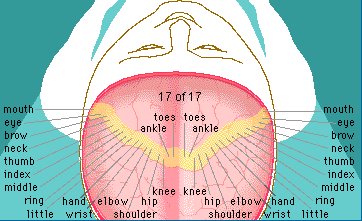War veterans, crime victims, accident survivors and others exposed to trauma are finding help through therapy that mentally takes them back to the trauma in a controlled environment.
Findings
Posttraumatic stress disorder (PTSD), a debilitating disorder involving intrusive thoughts associated with traumatic events, affects millions of Americans. First known as “shell shock” and seen in WWI veterans, PTSD often involves flashbacks and nightmares following a traumatic experience, including traffic accidents. Many of these symptoms first surface many months after the trauma.
In the 1980’s, Dr. Terence M. Keane and his colleagues found that exposure therapy was effective in treating the PTSD symptoms of Vietnam War veterans. Exposure therapy, previously known as imaginal flooding therapy, involves carefully exposing the patient to prolonged and repeated imagined images of the trauma until the images no longer cause severe anxiety. In Keane’s randomized clinical trial involving 24 Vietnam veterans, Keane found that exposure therapy was effective in reducing many of the veteran’s PTSD symptoms, including nightmares, flashbacks, memory and concentration problems, and irritability.
Exposure therapy doesn’t just help combat veterans with PTSD. Research by Dr. Edna B. Foa and her colleagues showed that exposure therapy was effective in reducing PTSD symptoms of rape victims, including persistent fear. The improvements were seen immediately after exposure therapy, and were shown to be sustained during a three-month follow-up.
Significance
Many American suffer from PTSD. According to the National Institutes of Mental Health, 5.2 million Americans aged 18-54 have PTSD. These and dozens of subsequent studies have established exposure therapy as a highly effective and perhaps the most efficient treatment for PTSD. Research completed after the September 11, 2001 terrorist attacks found an increased prevalence of PTSD, especially in children living in New York City.
http://www.psychologymatters.org/keane.html
Saturday, July 28, 2007
Subscribe to:
Post Comments (Atom)

http://www.windyweb.com/stop.htm














No comments:
Post a Comment